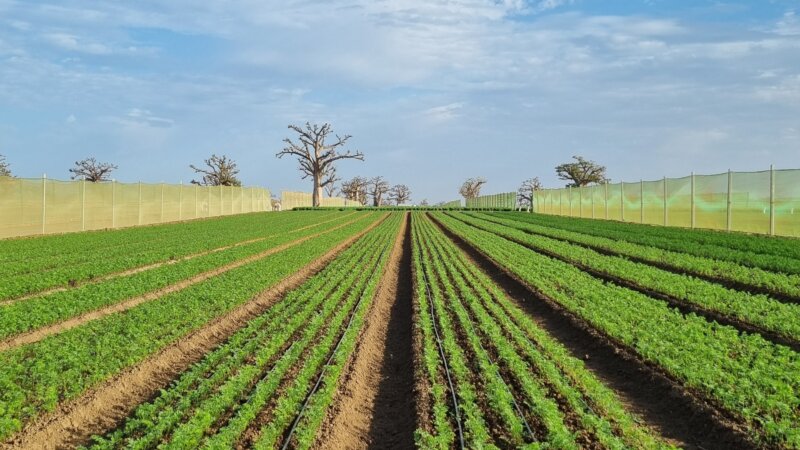Stakeholders' contribution to the UN Food Systems Summit follow-up

The Stakeholders' Contribution Document, also called the Shadow Report, recently released, sheds light on the role stakeholders play in driving food systems transformation. Read more about the main message of the report and the way forward, ahead of the stocktaking event next week.
Based on a survey and peer-reviewed by the Stakeholders Engagement and Networking Advisory Group of the UN Food Systems Coordination Hub, the report provides valuable insights into stakeholders' experiences and priorities in the run-up to the UNFSS+2.
The report highlights the valuable role that various stakeholders such as women's organisations, indigenous peoples, youth, producers, NGOs, academic institutions and business and industry have played in transforming food systems. Positive steps taken include collaboration between stakeholder groups at different levels to support sustainable agriculture, nutrition and food systems transformation.
However, the report also reveals persistent challenges for stakeholders, including resource allocation, coordination at national and local levels, fragmented vision and shifting government priorities. Stakeholders highlight the urgent need for more resources, better representation of marginalised groups such as peasant women and indigenous peoples, and more technical expertise and funding at the grassroots level.
The way forward:
Comprehensive multi-stakeholder architecture is needed for sustainable food systems transformation, including resource allocation and improved governance at various levels.
Country-level governance of food systems transformation requires better coordination, leadership, and specific funding mechanisms.
Equity, particularly for youth, women, and indigenous peoples, is crucial and requires addressing discriminatory norms and fragmented visions.
Linking food systems transformation with other global agendas, such as COP and SDG Summit, can enhance synergies and coherence in addressing global challenges.
Overall, the report highlights the need for a multi-stakeholder, multi-sectoral architecture to support the transformation of sustainable food systems and highlights stakeholder expectations for the UNFSS+2, including phase-out of unsustainable practices, resource mobilisation and workable recommendations for policy implementation.
The stakeholder report is an important milestone ahead of the upcoming UNFSS+2 Stocktaking Moment, a critical checkpoint to ensure that actions are aligned with the goals of food systems transformation and pave the way for future progress.
Author

Ruth van de Velde
Partnership Builder




